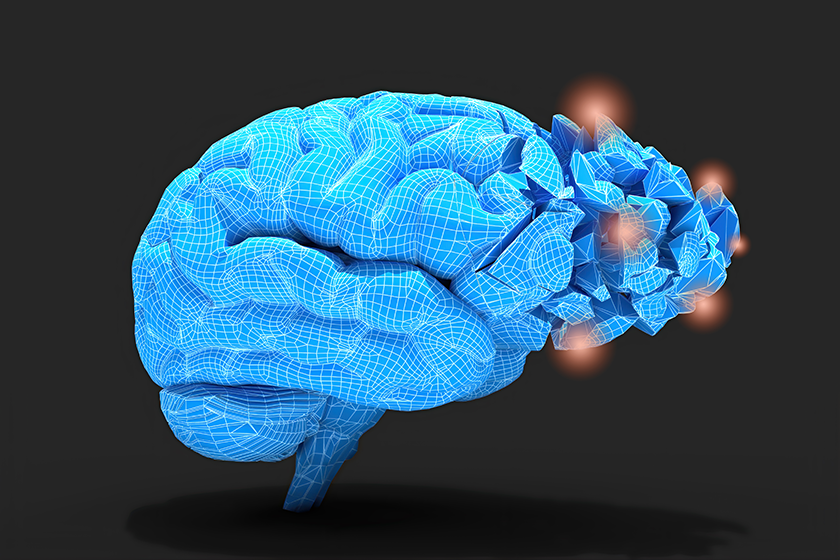As we age, the brain goes through significant changes, particularly in later years. Understanding what’s happening inside the 80-year-old brain can help you and your loved ones maintain mental health and well-being. While some changes are natural, there are also ways to support and enhance brain function during this stage of life.
Changes in Cognitive Function
By the time someone reaches their 80s, it’s common for certain aspects of cognitive function to slow down. Processing speed – how quickly the brain absorbs and responds to information – often decreases, making it harder to multitask or process large amounts of information at once.
You may notice that recalling names or specific facts becomes more challenging, potentially even leading to dementia. These are typical experiences for someone with an aging brain.
However, while memory and cognitive speed may decline, the 80-year-old brain can still be highly capable in areas like vocabulary and general knowledge. Decades of life experience can help compensate for slower processing, allowing older adults to approach problems with wisdom and insight. It’s a balance of slower mental processing but deeper understanding.
Emotional Resilience and Brain Health
One fascinating aspect of the aging brain is that emotional regulation often improves with age. People in their 80s tend to handle stress and emotional challenges with greater calm than younger individuals. Older adults may be better at focusing on positive experiences and letting go of negative ones, thanks to changes in brain areas like the amygdala, which plays a role in emotional processing.
This emotional resilience is one of the strengths of the 80-year-old brain, allowing for better emotional well-being, even if memory or cognitive sharpness has declined.
Physical Brain Changes
Like the rest of the body, the brain undergoes physical changes with age. The volume of the brain gradually shrinks, and there’s often a reduction in the number of neurons. These changes contribute to the slowing of cognitive functions, but they don’t always mean a decline in quality of life. The brain compensates by forming new connections and pathways to adapt to these changes.
Engaging in activities like reading, puzzles, or social interaction can help stimulate the brain and encourage these new connections. Even in later life, the brain has a remarkable ability to remain flexible and adapt to challenges, a concept known as neuroplasticity.
Keeping the 80-Year-Old Brain Active
While some decline is inevitable, there are several ways to keep the brain engaged and healthy well into the 80s. Staying mentally active through learning new skills or hobbies can improve cognitive health. Exercise also plays a key role in maintaining brain function, as it increases blood flow and supports the growth of new neural connections. You and your loved ones can benefit from regular physical activity and mental exercises designed to keep the mind sharp.
Staying socially active is another critical component. Engaging in meaningful conversations and activities with friends and family can help combat isolation and keep cognitive decline at bay. The more you stay connected to others, the healthier your brain will remain.
At our community in Virginia Beach, we focus on keeping you or your loved ones engaged and mentally active through a variety of stimulating programs and social opportunities. We believe that staying mentally and emotionally healthy is just as important as physical health in later years. Contact us today to learn how we can help maintain brain health and overall well-being in this stage of life.






